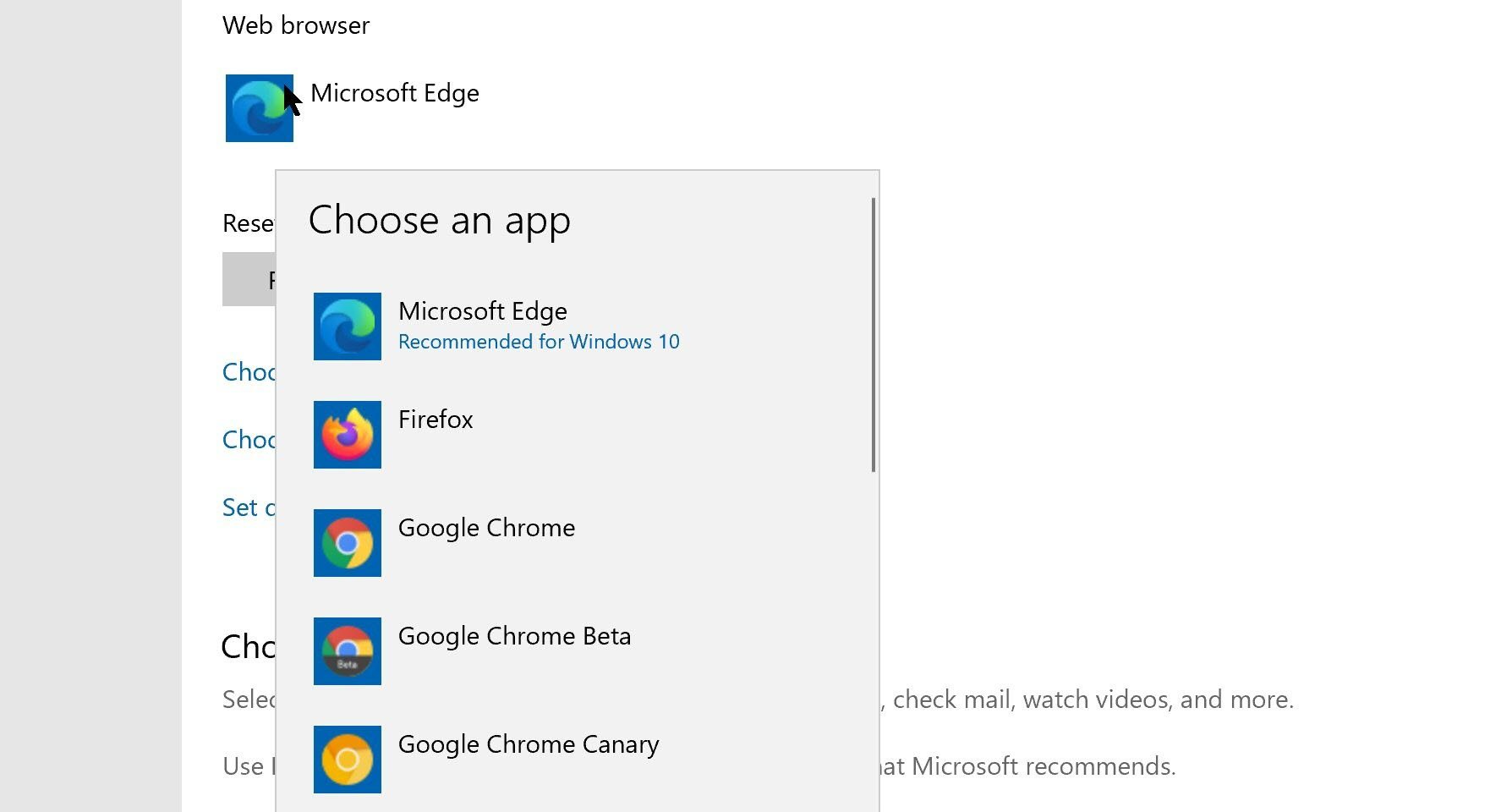The new program browsing Edge της Microsoft χρησιμοποιεί τον κινητήρα του Chromium, τον ίδιο που χρησιμοποιεί και ο Google Chrome. Αυτό δίνει στην εταιρεία την ευκαιρία να συγκρίνει την εφαρμογή της με άλλες εναλλακτικές solutions.
The company seems to be pushing a lot harder for Microsoft Edge, as it started showing ads in the Start menu every time someone enters the name of an alternative browser.
Microsoft calls these ads "suggestions" and you will see the Microsoft Edge entry when you type "Chrome" into Windows Search. The new Edge appears as a "suggested" application.
As it turns out though, this ad only targets a limited number of devices and depends on whether the new Edge isn't installed on device. Σε αυτή την περίπτωση οι χρήστες των Windows βλέπουν ένα σύνδεσμο λήψηs to get the new browser.
Microsoft Edge is based on Chromium and is the new default browser in Windows 10, as it replaces the old version once installed on your device.
Η change της βάσης σε Chromium επέτρεψε στη Microsoft να έχει ένα νέο πρόγραμμα περιήγησης σε όλα τα Windows, (10, 7, 8, 8.1, και macOS. Η έκδοση για το Linux σύμφωνα με την εταιρεία ετοιμάζεται. Φυσικά όλα δείχνουν ότι αυτή τη φορά ο browser της Microsoft μπορεί να συναγωνιστεί τις εφαρμογές των ανταγωνιστών, χάρη στον Chromium, ένα opoen source λογισμικό.
This is certainly not the first time Microsoft has tried to get us to adopt its own browser using the same tactics.
In Windows 10, a similar "suggestion" appears on the Default Applications screen in Settings when you try to replace Microsoft Edge with a different application such as Google Chrome or Firefox.





